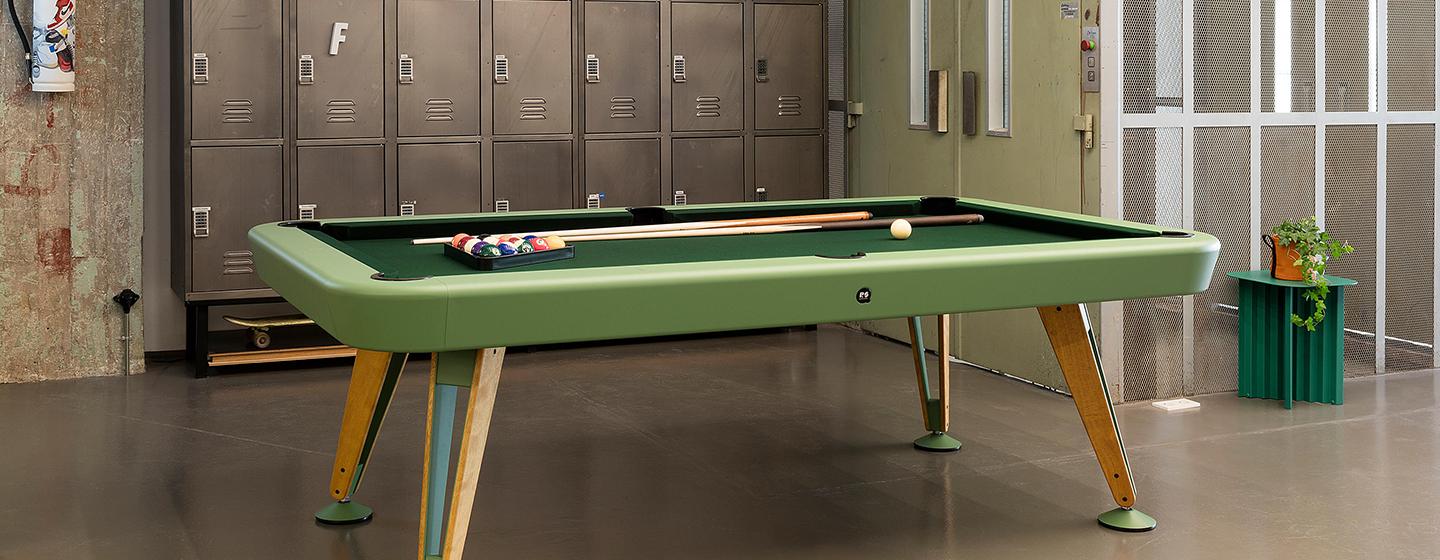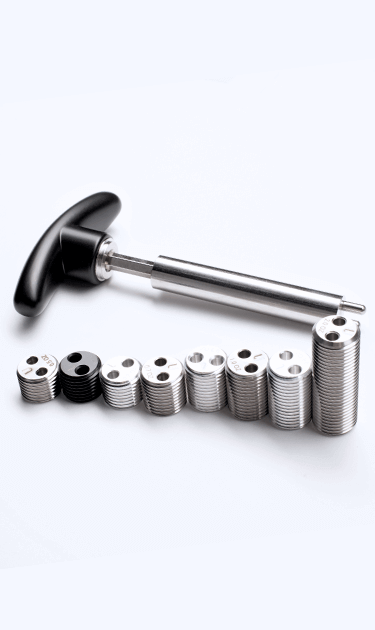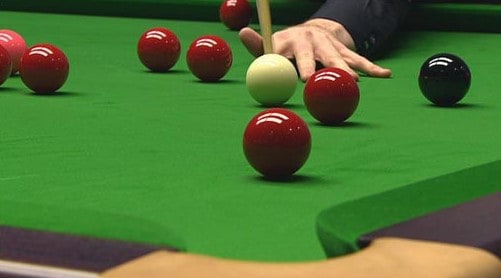
One of most popular sports worldwide is pool. You can play it on many different sizes of tables. It's a challenging game, and it requires a lot of skill. There are many forms of pool. But the most popular are continuous and eight ball. These games require great skill and can be played individually, doubles, as well as as a team sport.
The object of the game is to get all designated balls. This includes cue balls, eight-balls and other object ball. Each player gets one of the two pockets located at the feet of the table. They continue until they miss or foul. Fouls are committed when a player puts the ball on the ground and takes a new shot. A number of fouls could occur such as hitting the cueball into an item ball, breaking, hitting it into a ball, making an illegal break or performing a jump.
The official pool rules are the World Standardized Rules. They are used in many international tournaments and organizations, as well as by the Billiard Congress of America. If a foul is committed the ball that was taken must be returned to the pocket and the opponent's cue ball pocketed counts as a point.

In eight-ball, the goal is to pocket the black eight ball. Depending on the variation of the game, the other balls are numbered 1 through nine. The player who takes a ball from his pocket wins the game.
A normal foul can result in a penalty of a minus. The penalty for a normal foul is a minus one. After the player has taken his next shot, he may choose to restore the position he was in before the foul. The player may also decide to keep the shot. However, if the opponent places the ball into his pocket, he will get a points.
Another type of foul is the ball in hand foul. This happens when a player touches a cue ball with one foot only. Before taking a shot, a player must announce the pocketed ball. Afterward, the ball that was pocketed in the course of the foul must be as close to the foot spot as possible.
Two fouls in succession must be reported to the officials before the player can take their next shot. A third foul is considered a foul and will result the inability to play. A player who breaks in the first innings will get a minus score equal to -10.

A non-player interfering foul is another form of foul. Non-player interference refers to any foul that occurs when the ball gets pushed or bumped in the face by an opponent, or an unscheduled fixture. Non-player interference does not count if the ball is pocketed in the course or a foul.